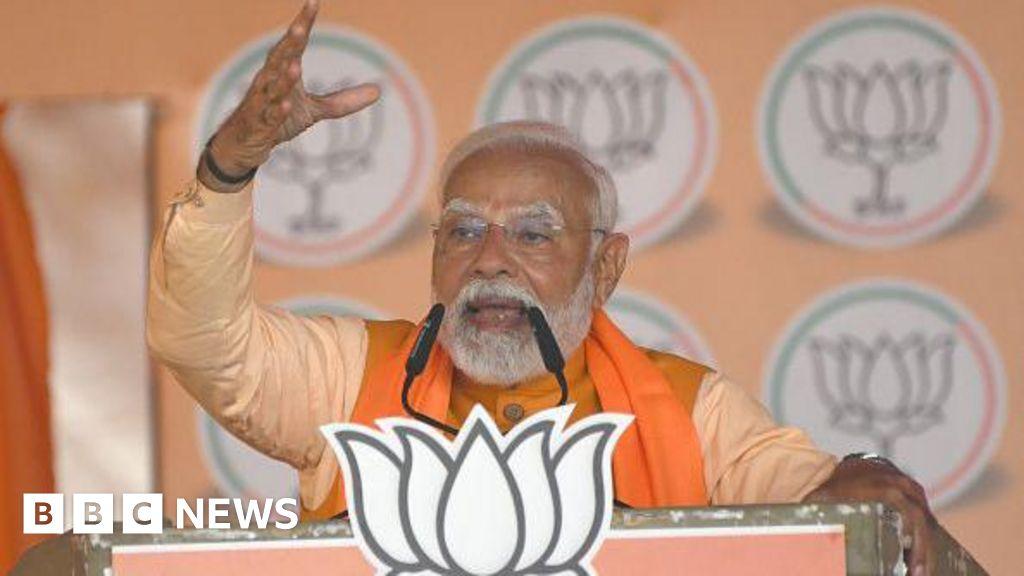BJP Secures Historic Victory in Delhi, Ending AAP's Decade-Long Reign

Prime Minister Narendra Modi’s Bharatiya Janata Party (BJP) is poised to govern Delhi for the first time in 27 years, following a remarkable electoral win. According to the Election Commission of India, the BJP has either won or is leading in 48 of the 70 seats in the legislative assembly, while the incumbent Aam Aadmi Party (AAP) remains ahead in 22. To form a government, a party needs to surpass the halfway threshold of 35 seats. Modi celebrated the victory on X by stating, “Development wins, good governance triumphs,” and promised that his party would “leave no stone unturned” in the pursuit of Delhi’s progress.
In contrast, former Delhi Chief Minister Arvind Kejriwal of the AAP conveyed in a video on X that his party “humbly accepted” the people’s decision, extending congratulations to the BJP. He expressed hope that the new government would fulfill the expectations of its voters. The election held substantial significance for both the BJP and AAP, primarily because Delhi serves as the capital of India. The city, which functions as a federally-administered territory, has been under AAP’s administration since 2013, gaining support through its strong welfare initiatives. However, the AAP has recently confronted multiple challenges, including corruption accusations, which the party denies.
For the BJP, this victory in Delhi signifies more than just a win; it represents a pivotal strategic position in the nation’s capital after years out of power since 1998. The BJP heavily invested resources in the campaign, with prominent figures like Modi and Home Minister Amit Shah participating in events. Congress, the primary opposition party nationally, was also a contender in the elections but did not secure any seats. Congress, once the ruling party of Delhi from 1998 until 2013, was displaced by AAP following corruption allegations, and has struggled to regain influence since.